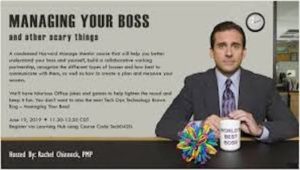
One of my New Year’s Resolutions for 2022 was to be more selective in the movies I watch. I want to watch only really, really good ones. I don’t want to spend the few hours a week I can devote to movie-watching on mediocre or even good films.
A habit I’ve developed is to flick through the various streaming services, looking for titles that intrigue me, and then click on the trailers to see how they look. That’s an inefficient way to find great movies. Titles and trailers can be deceiving. The best ones often are.
I’m convinced that the lion’s share of the great movies produced each year are half-hidden. They are obscure independent films or they are foreign films. The films least likely to end up on the top of the “most popular” lists.
In January, I spent a half-dozen hours looking through various artsy and foreign “Best of 2021” lists, looking for movies I want to watch this year.
I came up with the following: 9 features and 11 documentaries. I’m sure they won’t all be great, but I’m eager to find out.
The Feature Films
Drive My Car
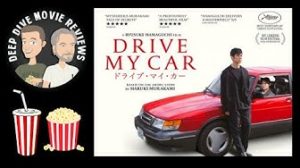
An aging, widowed actor seeks a chauffeur. The actor turns to his go-to mechanic, who ends up recommending a 20-year-old girl. Despite their initial misgivings, a very special relationship develops between the two.
Watch the trailer here.
Belfast

Kenneth Branagh’s semi-autobiographical coming-of-age film is a personal look at Ireland’s tumultuous past through the eyes of a young boy.
Watch the trailer here.
The French Dispatch
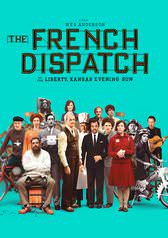
A love letter to journalists set in an outpost of an American newspaper in a fictional French city that brings to life a collection of stories published in “The French Dispatch Magazine.”
Watch the trailer here.
Slalom

Led by Noée Abita’s outstanding central performance, Slalom offers a moving account of oppression and abuse in the guise of mentorship.
Watch the trailer here.
The Worst Person in the World

The Worst Person in the World concludes Joachim Trier’s Oslo Trilogy with a romantic comedy that delightfully subverts the genre’s well-worn tropes.
Watch the trailer here.
Luzzu
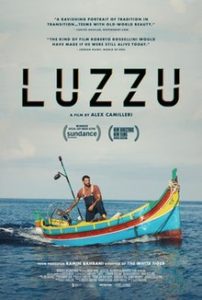
This subtle drama follows a young Maltese fisherman torn between fidelity to his trade and the demands of a modern world.
Watch the trailer here.
Hive

A young man suffering from amnesia must dig deep into the far reaches of his mind to remember who he is and save the love of his life before a virus that has affected him takes over.
Watch the trailer here.
The Woman Who Ran

While her husband is on a business trip, Gamhee meets three of her friends on the outskirts of Seoul. They make friendly conversation but there are different currents flowing independently of each other, both above and below the surface.
Watch the trailer here.
The Documentaries
Sabaya

The film follows a group into Syria’s Al-Hol, a dangerous camp in the Middle East, as they risk their lives to save women being held by ISIS as abducted sex slaves.
Watch the trailer here.
Mayor

A look at the life of Musa Hadid, the charismatic mayor of the Palestinian city Ramallah, who aspires to lead the city into the future.
Watch the trailer here.
Flee
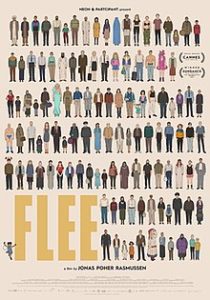
Flee tells the extraordinary true story of a man who is compelled to share his hidden past for the first time.
Watch the trailer here.
MLK/FBI

MLK/FBI is an eye-opening documentary that poses hard questions and gives no easy answers.
Watch the trailer here.
76 Days

A raw, fly-on-the-wall recounting of hospital life in Wuhan in the early days of the COVID-19 pandemic. An engrossing and potent documentary – and a surprisingly comforting portrait of humanity.
Watch the trailer here.

On an island in the Pacific Northwest, a junkie photojournalist’s disturbing future is revealed to him through the images he shoots.
Watch the trailer here.
Swimming Out Till the Sea Turns Blue
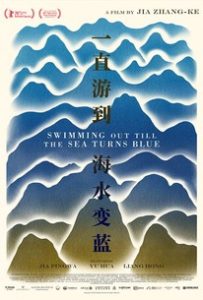
Swimming Out Till the Sea Turns Blue revolves around three well-known Chinese writers who unite for a literary festival and reflect on their childhoods and the sociopolitical changes in their country during an era of rapid globalization.
Watch the trailer here.
Gunda

Gunda is truly a documentary like no other, tracking the lives of a pack of farmyard animals, including a large pig and a one-legged chicken.
Watch the trailer here.
The Velvet Underground
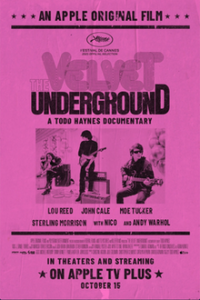
This expansive insight into the career of one of music’s most influential bands is an utter triumph.
Watch the trailer here.
Mr. Bachmann and His Class

A mesmerizing exploration of the life of an old elementary school teacher who spends a lot of his time trying to educate young foreigners about how to deal with the socio-cultural aspects of living in Germany.
Watch the trailer here.
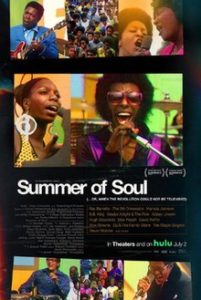
Despite having a large attendance and performers such as Stevie Wonder, Mahalia Jackson, Nina Simone, The 5th Dimension, The Staple Singers, Gladys Knight & the Pips, Blinky Williams, Sly and the Family Stone, and the Chambers Brothers, the 1969 Harlem Cultural Festival was seen as obscure in pop culture, something that the documentarians investigate.
Watch the trailer here.

